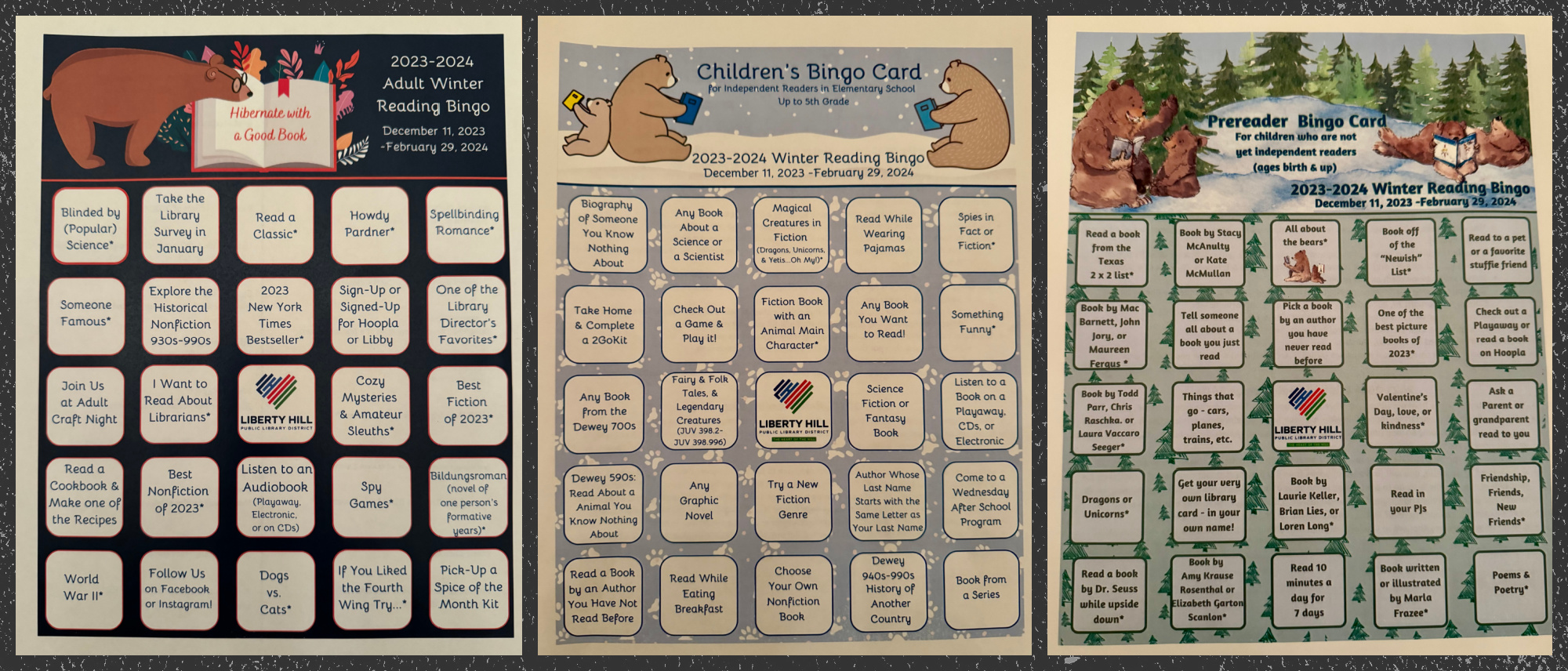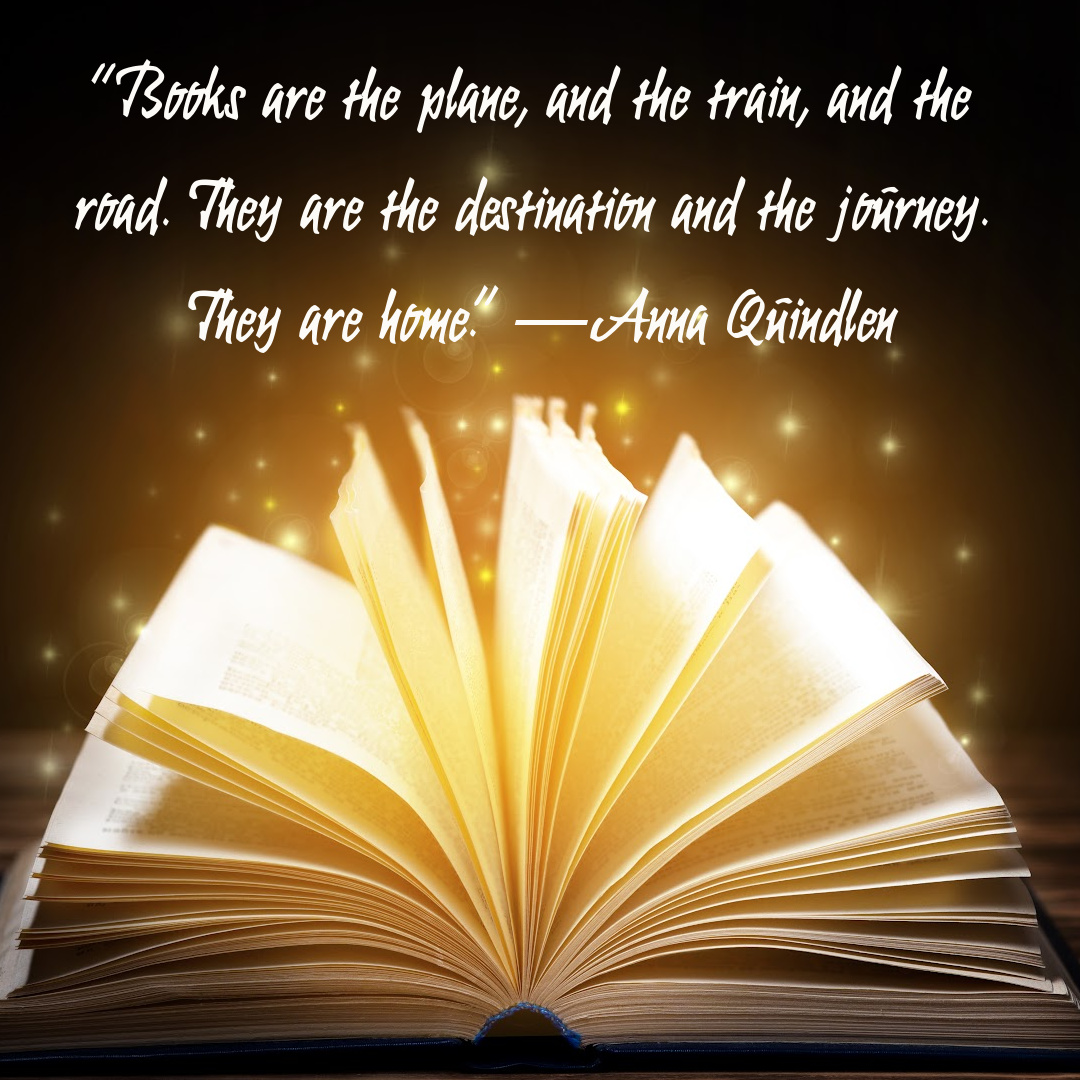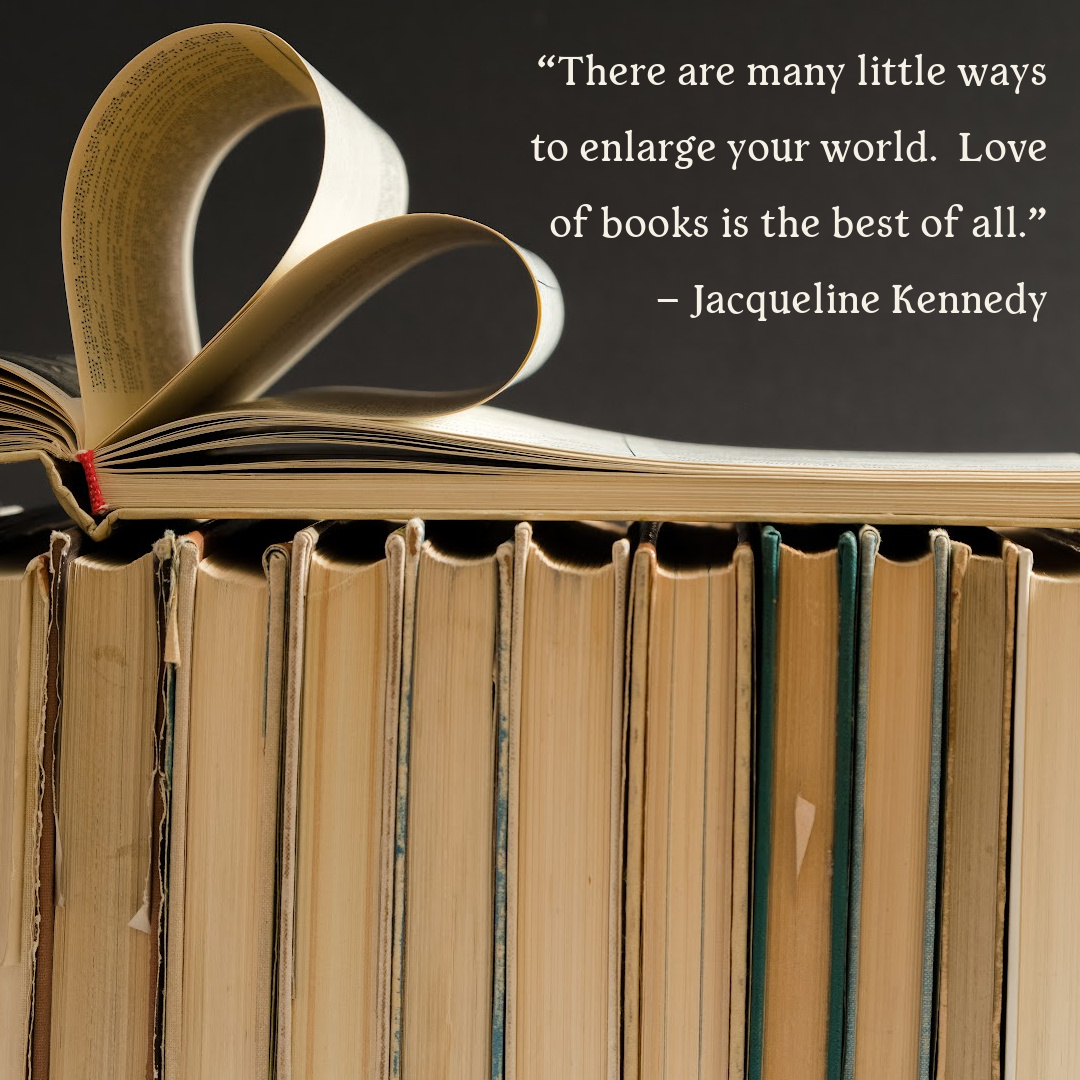Our local library is doing a Winter Bingo Reading challenge, and as I picked up our family’s Bingo cards last month, I couldn’t help but chuckle at the concept: only in our “more is more” culture would we think to gamify reading of all things. Sinking into a good book—something that is normally a relaxing and solitary pastime—has been leveled up, introducing extra hoops to jump through, categories to check off, and an element of competition . . . with prizes, even!

Don’t get me wrong, I think these Bingo challenges are great: the kids have had fun finding and reading books to satisfy their various categories, and they think it’s great that they’re earning raffle tickets for reading—something they were already doing! I, too, have been enjoying my Bingo experience, using the categories as prompts to pick up books I’d already intended to read while giving myself permission to skip categories that hold no interest for me. But even as we enthusiastically participate in this challenge, it has me thinking about the general idea of Reading Challenges—specifically, why we do them and how we feel about them.
As a compulsive list-checker and lifelong task-motivated type, it’s no surprise that I enjoy a good reading challenge. Longtime readers may recall the years when I tasked myself with annual reading challenges and documented those books on the blog. Those challenges stretched me beyond my comfort zone, motivating me to read new genres and formats, introducing me to new book resources, and prompting me to read a number of classic novels (in the year when I read books from every decade of the twentieth century). It’s been a while since I’ve done an annual reading challenge of that sort, but years later I continue to reap the benefits of those challenges that expanded my reading horizons. I now read more diversely, and am more in tune with my personal preferences and aversions, as a result of those challenges. Today, I am much more open to a range of reading options, and more likely to participate in reading challenges generated by others (like the Bingo challenge I’m doing through my library), because of my experiences with challenging my own reading life.

I imagine that my love for reading challenges is not universal: many readers may resent the constraints of a challenge, or resist being stretched in their reading choices. Some may find that reading challenges feel too much like school, or that challenges remove the pleasure from an otherwise enjoyable hobby. Not every reader WANTS or NEEDS to be challenged or stretched in their reading, and there is absolutely nothing wrong with that! But for those who need (and want!) a little external reading motivation, challenges can be an excellent tool.
My years in the bookish world have shown me that not all reading challenges are created equal. In addition to the popular category-type challenges I’ve done in the past and that I’m doing now with my library Bingo, there are challenges that are straightforward numbers (like the annual GoodReads Challenge, which invites readers to set a number of books they hope to read in a given year) and challenges that involve reading certain books in a themed month (such as Novellas in November, Middle Grade in March, Black Authors in February, etc.). Many readers challenge themselves to read more backlist titles or classics, more books from debut authors, more books by diverse authors, or more books in translation. Some readers simply want to read the books they already own and commit to Read Your Shelves challenges (I did this last month!) as a way to avoid the distractions of the latest and greatest new books.
I love hearing about readers who challenge themselves to read books set in every country or in every state, or a book from every bookstore visited on a reading pilgrimage. I’ve also seen a growing number of readers add an element of community to their challenges, inviting friends to pre-select titles they will read in a year. Book clubs can also offer a challenge of sorts as readers commit to reading and discussing each month’s selections. These are all fantastic ways for readers to challenge their reading in creative and attainable ways!

Whether you find them gimmicky or useful, overwhelming or motivating, limiting or expansive, there is no denying that Reading Challenges play an important and prominent role in modern bookish culture and in the lives of many readers. I’d be so interested to hear your thoughts: have you participated in reading challenges in the past? What was your experience? If you’ve never participated in a reading challenge, or if you know you never would, I’d also love to hear from you: why have you chosen not to make reading challenges part of your reading life? Let’s discuss in the comments!